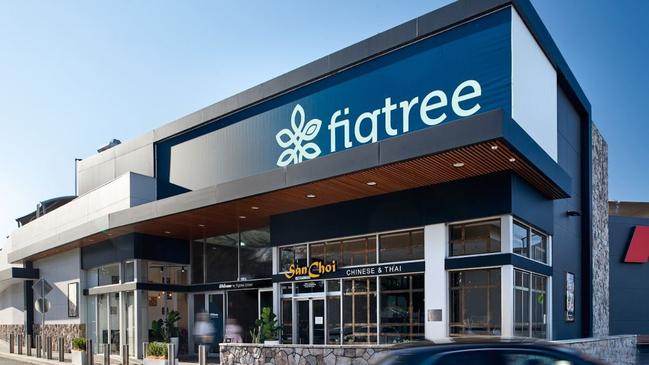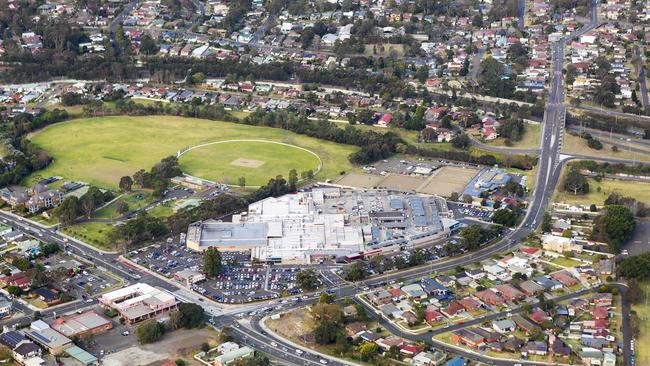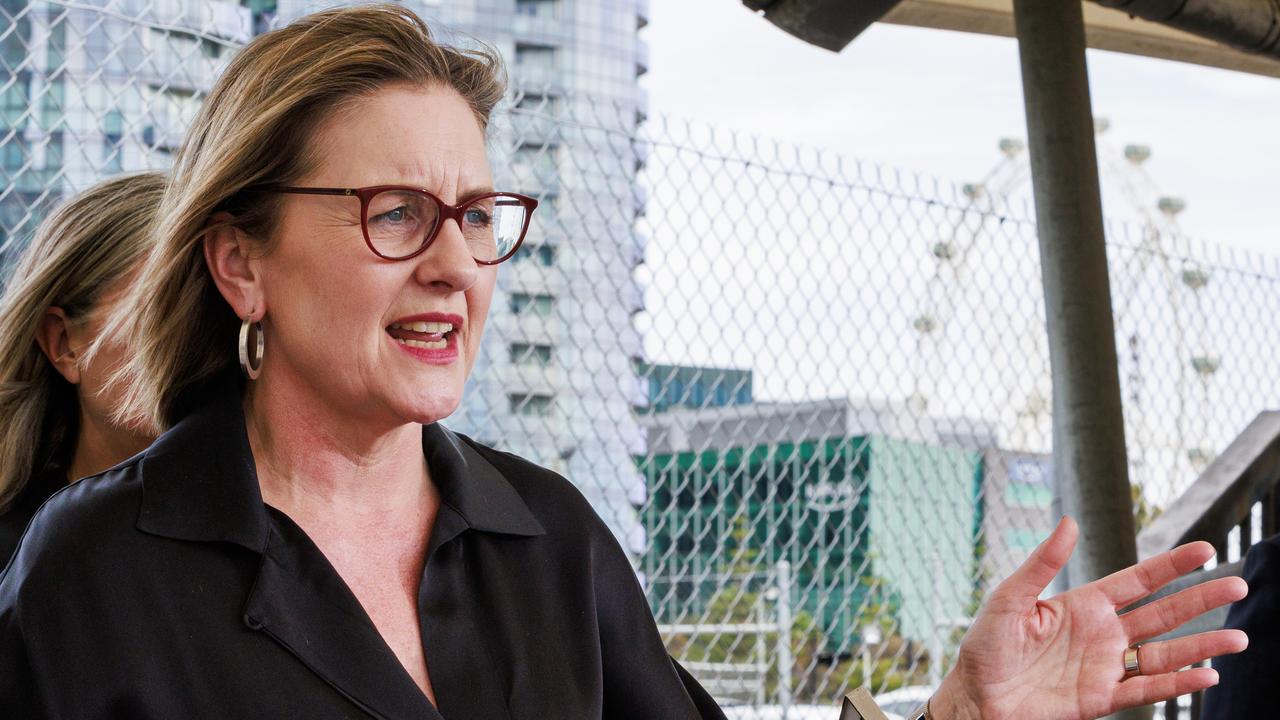Fawkner swoops as shopping centres run hot
Funds house Fawkner has swooped on a Wollongong shopping centre, picking it up from a Singaporean company for $192m.

Funds house Fawkner has swooped on a Wollongong shopping centre, picking it up from a Singaporean company for $192m, in a sign that the sector is running hot at year’s end.
Retail property has emerged as the surprise sector of 2024 despite serious pressures emanating from the cost-of-living crisis and lingering high interest rates. Despite these pressures, shopping centres are offering more certainty than office blocks and the prospects of higher returns than most logistics assets.
Fawkner swooped on the Figtree Grove Shopping Centre after it was put on the block by MA Financial and Singapore’s Paragon REIT. The sale partly reflects the longer term downward shift in values as they picked it up from private equity giant Blackstone in late 2018 for $206m.
But the latest sale of the top subregional centre, brokered by JLL’s Nick Willis and Sam Hatcher, shows the market is again more competitive. A series of shopping centre deals is now being wrapped up by property funds managers who syndicate their deals to wealthy investors.
Groups like Fawkner have had the run of the market, splashing out billions of dollars buying unwanted centres from large institutions under pressure to either cut debt or fund redemptions.
Fawkner emerged as one of the leading exponents of buying retail centres and then wringing the best value out of them ahead of the cycle picking up. It has become the country’s most active buyer of shopping centres and in the last 12 months added more than $1.1bn of centres to its portfolio, including Cairns Central acquired last year from Lendlease for $390m.

The group also brings a unique focus to improving the malls it is buying and is well positioned as the cycle improves. This year bigger players have also started buying shopping centres as they realised the market was turning.
Buyers include the Scentre Group, owner of the Westfield empire, which has set up funds with investment bank Barrenjoey to buy shopping centre assets. Other players that have been active include Vicinity Centres, which bought a half stake in a major Perth centre from the Future Fund. There is more action to come, with Dexus also looking to buy assets in Melbourne and regional NSW, and GPT active in Perth.
The flurry of deal-making shows momentum has shifted, with more competition for assets. But the fund managers that have been so active during the down period are still tying up key transactions. Notably, IP Generation is raising funds for its purchase of Melbourne’s iconic David Jones Bourke Street store and a stake in a centre in the city’s suburbs.
The run of deals shows that retail has survived not only the shift to online shopping but also hits from the coronavirus crisis and. lingering high interest rates. These factors have made building new shopping centres very difficult and have added to the value of existing centres even where they are under pressure.
Figtree Grove ranks in the top 10 subregional assets in Australia by performance, with the 22,000sq m centre generating annual sales of over $220m. It is anchored by Coles, Woolworths and Kmart, and 65 specialty stores, making it a cornerstone of non-discretionary shopping in the area.
Mr Willis said the depth and diversity of investor engagement on the centre was a “clear indicator of the resurgence in retail and subregional sector specifically”. He said subregional shopping centres had emerged as a preferred asset class for investors looking at the retail sector, owing to their attractive risk-adjusted returns, growth potential and long-term value proposition.
The sale of Figtree Grove lifted volumes in the area to about $2bn and Mr Hatcher said the centre’s strong performance and positioning drove significant investor interest.
“The retail sector has shown remarkable resilience and recovery over recent years. Shopping centre performance metrics have significantly improved, with occupancy rates at record highs. Positive leasing spreads have been reported by many institutional landlords, signalling a strong turnaround in the sector,” he said.
JLL said that in Sydney the amount of retail space built had plunged to 40 per cent below the decade average. “With subdued forecast supply, JLL anticipates that this imbalance between supply and demand will further reduce vacancy and drive strong forecast rental growth in the sector,” Mr Hatcher said.





